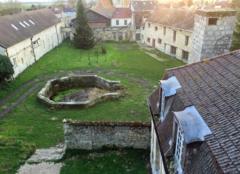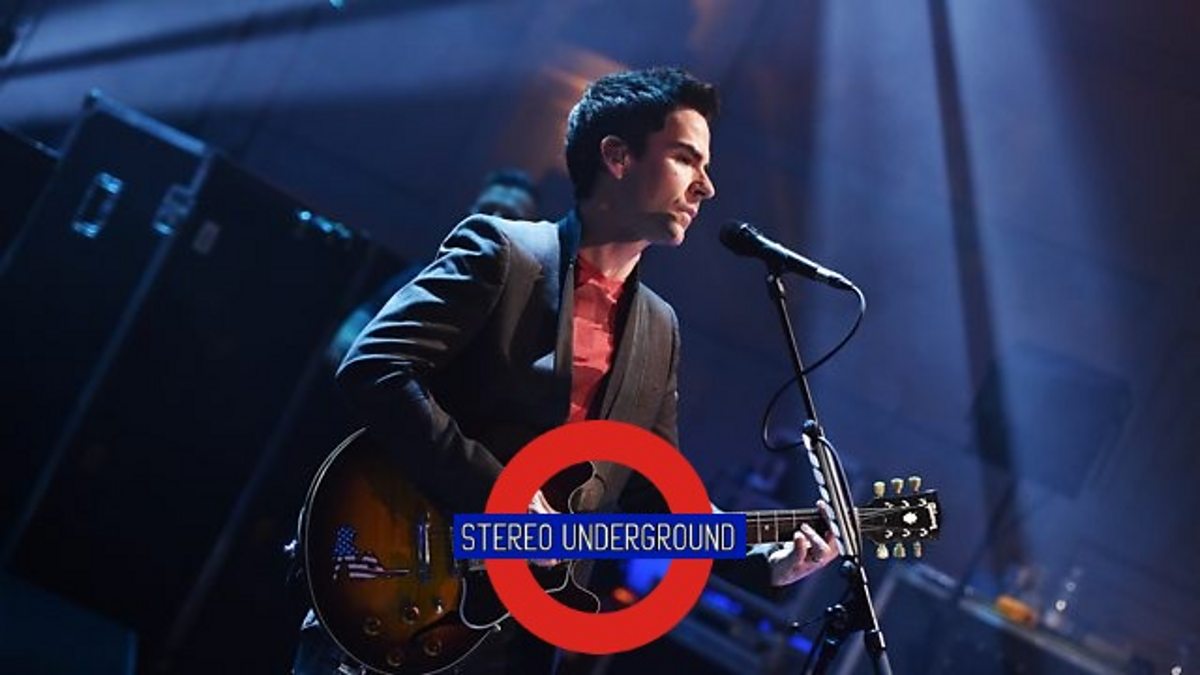

(Sire released the album in the United States, and it would prove to be the only Sham 69 album released in America until the late ’80s.) By the time the album came out, Albie Slider had left the band and Dave “Kermit” Tregenna took over on bass. The success of the single and the band’s growing fan base prompted Polydor to sign the band in the U.K., and their first album, Tell Us the Truth - one side recorded live, the other in the studio - was released in early 1978. Step Forward, a small independent label, released the band’s first single, “I Don’t Wanna,” in September 1977. They began scaring up gigs where they could and began playing the notorious London punk venue the Roxy on a regular basis, where they built up a loyal following. From the start, Sham 69’s politics were populist, and their sound accessible straight-ahead four-square punk with a hard rock influence and lyrics that often used sing-along slogans in their choruses, such as “If The Kids Are United” and “(Gonna Be A) Borstal Breakout.” The band went through a revolving cast of musicians early on before settling on the lineup of Pursey, Dave Parsons on guitar, Albie Slider on bass, and Mark Cain behind the drums.

Sham 69 was formed in the working-class community of Hersham (in Surrey) in 1975 by singer and lyricist Jimmy Pursey the name came from an ancient bit of graffiti celebrating a local football team’s winning season in 1969.

Sham 69, however, was different proletarian and proud of it, Sham 69 was the voice of the people in the first wave of British punk, and if they were never as fashionable as such contemporaries as The Sex Pistols, The Clash, Wire, or The Jam (who, in their early days, shared Sham’s provincial outlook and “we’re with the kids” fan solidarity), they enjoyed a long run of chart successes and were a major influence on the street punk and Oi! movements which followed. economy, which was leaving a generation with nothing to do and nowhere to go - many of the pioneering groups had working-class credentials that were suspect at best the Sex Pistols‘ career was being moulded by a haberdasher and would-be artist, while The Clash were led by the son of a diplomat. While most of the early British punk bands spoke of working-class concerns - primarily unemployment and the shrinking U.K. Their final album was That’s Life in 1979, shortly before the band broke up. The studio side of the LP includes the fabulous, Hey, Little Rich Boy which is just redolent of all things punk, it’s fabulous and has one of Punk’s finest guitar solos, all in 1 minute 43 seconds. The group’s debut album, Tell Us the Truth, featured one side of studio recordings another of live recordings, including their Polydor debut single. Their follow-up, Angels With Dirty Faces, made the Top 20 in May 1978 followed by If the Kids Are United, which made the Top 10 a few months later. Despite the band being embraced by the ‘Oi crowd’ Pursey despised the movement’s right-wing politics. Former Velvet Underground bassist, John Cale, who was also supposed to produce their major-label debut, Borstal Breakout, had produced the single but instead the band’s leader, Jimmy Pursey stepped in at the last minute. In the summer of 1977 Sham ’69 (their name derives from a piece of football graffiti), released their debut single, I Don’t Wanna, on an indie label and it prompted Polydor Records to sign the band. They were prime movers in the Oi movement of punks and skinheads and while they may not have had the significant chart success of some of their rivals their music has staying power and is well worth seeking out for its catchy hooks and genuine enthusiasm for the cause. Sham ’69 were one of the more influential bands to come out of the UK Punk scene.


 0 kommentar(er)
0 kommentar(er)
